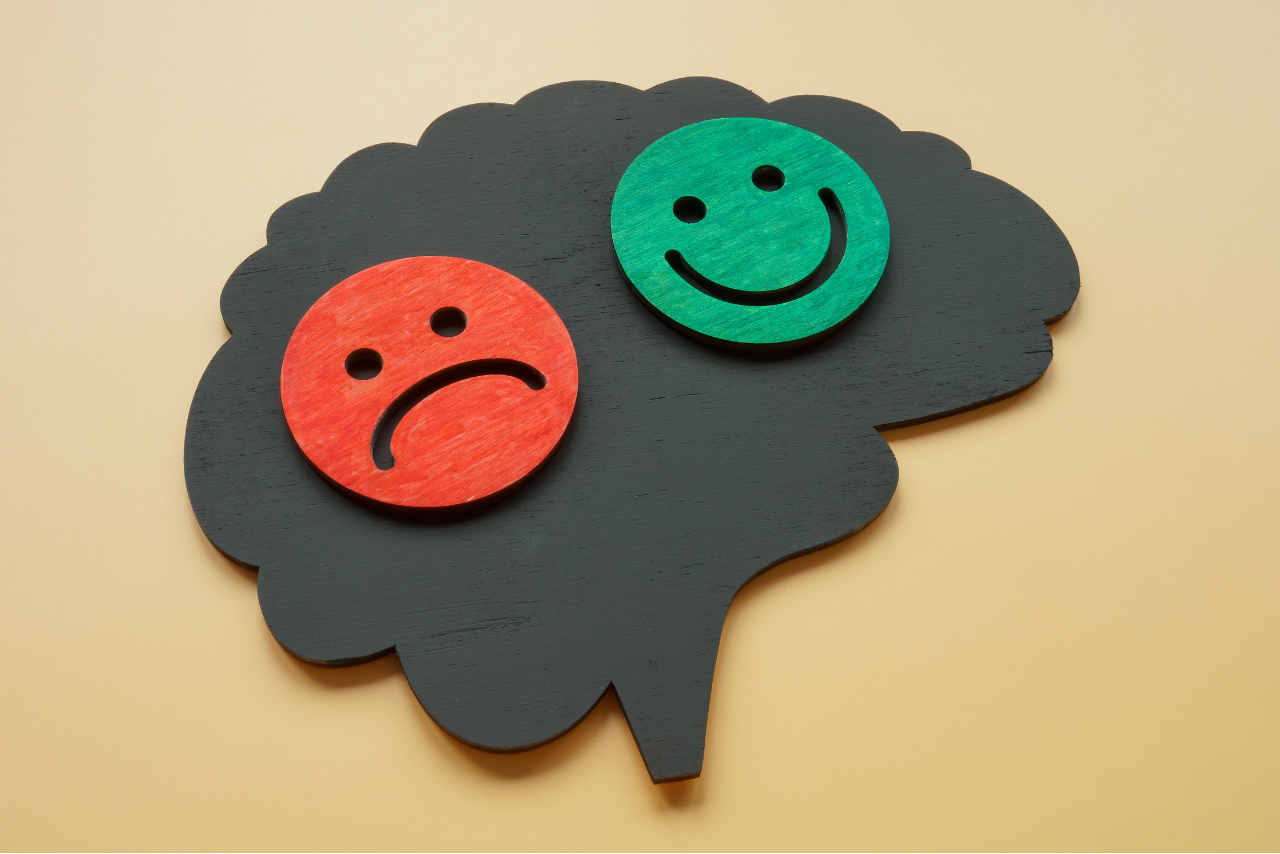Understanding Mental Health: Bipolar Disorder

Understanding Bipolar Disorder: Symptoms, Causes, Types, and Treatments
Bipolar Disorder is a complex mental health condition that affects millions of people worldwide. It can be characterized by shifts in mood from mild to extreme, energy levels, and behavior, which can significantly impact an individual's daily life. In this article, we will delve into the essential aspects of Bipolar Disorder, including its symptoms, causes, different types, and available treatment options. By gaining a deeper understanding of this condition, we aim to promote awareness, reduce stigma, and provide valuable information for individuals living with Bipolar Disorder and their loved ones.Symptoms of Bipolar Disorder
Bipolar Disorder manifests through distinct episodes of mania and depression. Understanding the symptoms associated with each phase is crucial in identifying and managing the condition effectively. During manic episodes, individuals may experience heightened energy levels, euphoria, racing thoughts, increased impulsivity, and decreased need for sleep. In contrast, depressive episodes involve feelings of sadness, hopelessness, loss of interest, fatigue, changes in appetite, difficulty concentrating, and thoughts of self-harm or suicide.Causes and Risk Factors
The exact causes of Bipolar Disorder are not yet fully understood. However, research suggests that a combination of genetic, biological, and environmental factors contributes to its development. Family history of the disorder, chemical imbalances in the brain, and significant life stressors are among the known risk factors. Additionally, certain substances, such as drugs or alcohol, may trigger or exacerbate symptoms in susceptible individuals.Types of Bipolar Disorder
Bipolar Disorder is categorized into several subtypes, each characterized by varying patterns and durations of mood episodes. Bipolar I Disorder involves the presence of manic episodes, which can be severe and often require hospitalization. Bipolar II Disorder is characterized by recurring depressive and hypomanic episodes, which are shorter lasting and often less severe than mania. Cyclothymic Disorder involves milder but chronic fluctuations between hypomanic and depressive symptoms.Treatment Approaches
Treating Bipolar Disorder typically involves a combination of medication management, psychotherapy, and lifestyle modifications. Medication management is individualized and different medications may be selected based on your age, presenting symptoms, and other factors. Mood-stabilizing medications, such as anticonvulsants, atypical antipsychotics and/or Lithium, are commonly prescribed to help manage mood swings. Psychotherapy, such as cognitive-behavioral therapy (CBT), can provide valuable support in understanding and coping with the condition. Additionally, lifestyle changes, including maintaining a stable routine, regular exercise, and healthy sleep habits, can complement treatment efforts and promote overall well-being.Final Thoughts
Bipolar Disorder is a chronic condition that requires comprehensive management and support. By understanding the symptoms, causes, types, and available treatments, individuals living with Bipolar Disorder can seek appropriate help and achieve stability in their lives. It is crucial to foster a compassionate and inclusive society that offers understanding, empathy, and resources to individuals affected by Bipolar Disorder. Together, we can promote mental health awareness, reduce stigma, and provide a supportive environment for those navigating the complexities of this condition.Disclaimer: The information provided in this article is for educational purposes only and should not replace professional medical advice. The content is not intended to be a substitute for professional diagnosis, treatment, or care. Always seek the advice of a qualified healthcare provider with any questions you may have regarding antidepressant medications or any other medical condition.
Affiliated Medical Group providers are available to provide personalized guidance and recommendations based on your specific needs. If you require further assistance or wish to schedule an appointment, please call (910) 939-0724 to consult with one of our experienced healthcare professionals. Your mental health and well-being are our top priorities, and we are here to support you on your journey toward better mental health.
